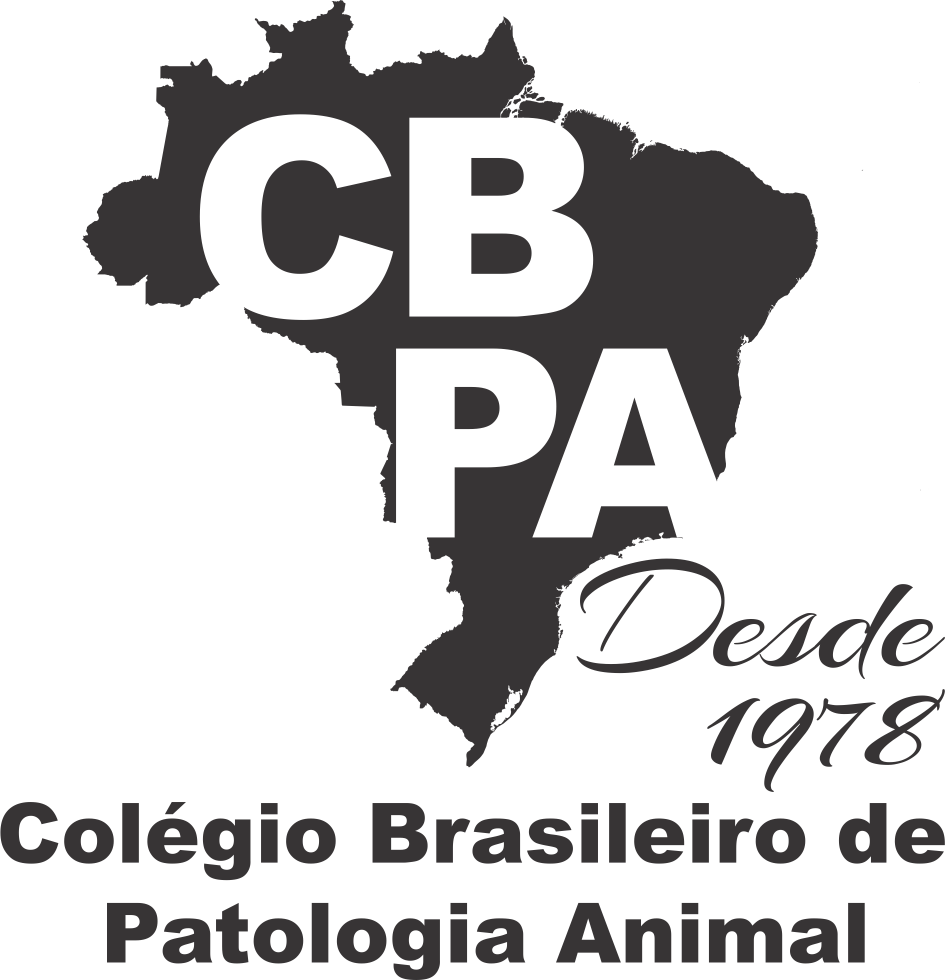Resultado da pesquisa (1)
Termo utilizado na pesquisa Composting
#1 - Pré-compostagem de cadáveres de bovinos acometidos pelo botulismo, p.157-161
Abstract in English:
ABSTRACT.- Curci V.C.M., Dutra I.S., Döbereiner J. & Lucas Junior J. 2007. [The effect of composting cattle carcasses on botulinum spores and toxin content.] Pré-compostagem de cadáveres de bovinos acometidos pelo botulismo. Pesquisa Veterinária Brasileira 27(4):157-161. Unidade de Pesquisa e Desenvolvimento Tecnológico do Agronegócio, APTA Regional Extremo Oeste, Laboratório de Sanidade Animal, Av. Alcides Fagundes Chagas 122, Araçatuba, SP 15055-240, Brazil. E-mail: vlmcursi@aptaregional.sp.gov.br
Five carcasses of cattle that died from botulism were composted in individual isolated beds with the purpose of monitoring the effect on spores of Clostridium botulinum and of botulinum toxin. The diagnosis of botulinum poisoning was based on clinical and pathological, epidemic and/or laboratorial characteristics. Of the five bovines with clinical signs of chronic botulism, three were affected by the type D toxin, one by the CD complex, and one was negative for toxin and spores of C. botulinum in the viscera using a mouse bioassay. The composting process was carried out in beds with carcasses cut up and mixed with sawdust as a carbon source. They were kept anaerobic under a plastic sheet for 50 days. The temperature of the beds was monitored during the period and oscillated from 40.5 to 52.4°C. After this time, soft tissue had complete decomposed with a significant loss of weight (26.5-44.5%). The remaining bones no longer contained spores or botulinum toxin in the 5 samples taken from each carcass. Only 2 of the 200 samples of homogenized remaining (40 for each carcass) contained spores of C. botulinum type C. All samples were negative for botulinum toxin using the mouse bioassay. Composting carcasses of cattle that died from botulism eliminated botulinum spores and toxin from the remains.
Abstract in Portuguese:
ABSTRACT.- Curci V.C.M., Dutra I.S., Döbereiner J. & Lucas Junior J. 2007. [The effect of composting cattle carcasses on botulinum spores and toxin content.] Pré-compostagem de cadáveres de bovinos acometidos pelo botulismo. Pesquisa Veterinária Brasileira 27(4):157-161. Unidade de Pesquisa e Desenvolvimento Tecnológico do Agronegócio, APTA Regional Extremo Oeste, Laboratório de Sanidade Animal, Av. Alcides Fagundes Chagas 122, Araçatuba, SP 15055-240, Brazil. E-mail: vlmcursi@aptaregional.sp.gov.br
Five carcasses of cattle that died from botulism were composted in individual isolated beds with the purpose of monitoring the effect on spores of Clostridium botulinum and of botulinum toxin. The diagnosis of botulinum poisoning was based on clinical and pathological, epidemic and/or laboratorial characteristics. Of the five bovines with clinical signs of chronic botulism, three were affected by the type D toxin, one by the CD complex, and one was negative for toxin and spores of C. botulinum in the viscera using a mouse bioassay. The composting process was carried out in beds with carcasses cut up and mixed with sawdust as a carbon source. They were kept anaerobic under a plastic sheet for 50 days. The temperature of the beds was monitored during the period and oscillated from 40.5 to 52.4°C. After this time, soft tissue had complete decomposed with a significant loss of weight (26.5-44.5%). The remaining bones no longer contained spores or botulinum toxin in the 5 samples taken from each carcass. Only 2 of the 200 samples of homogenized remaining (40 for each carcass) contained spores of C. botulinum type C. All samples were negative for botulinum toxin using the mouse bioassay. Composting carcasses of cattle that died from botulism eliminated botulinum spores and toxin from the remains.









